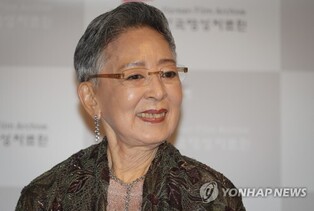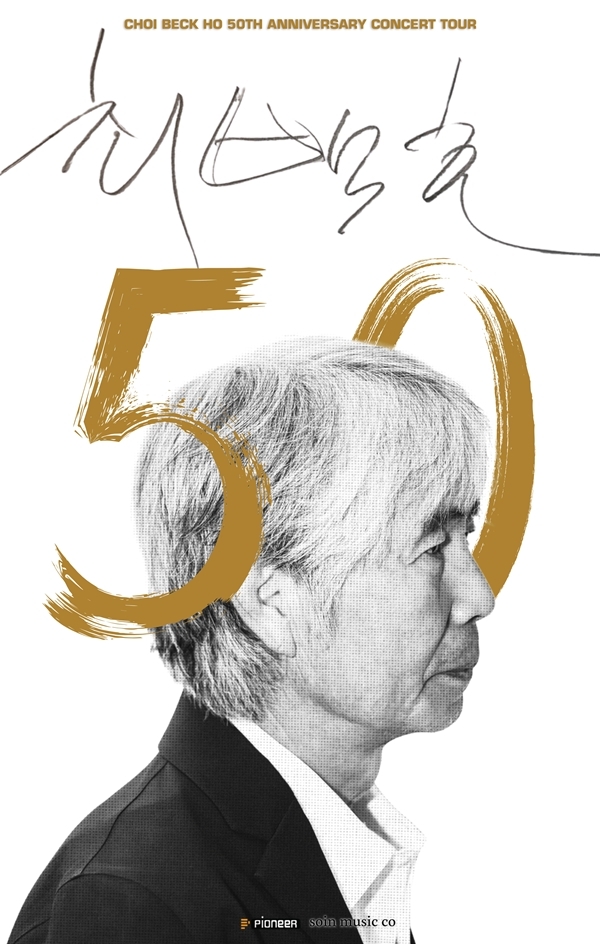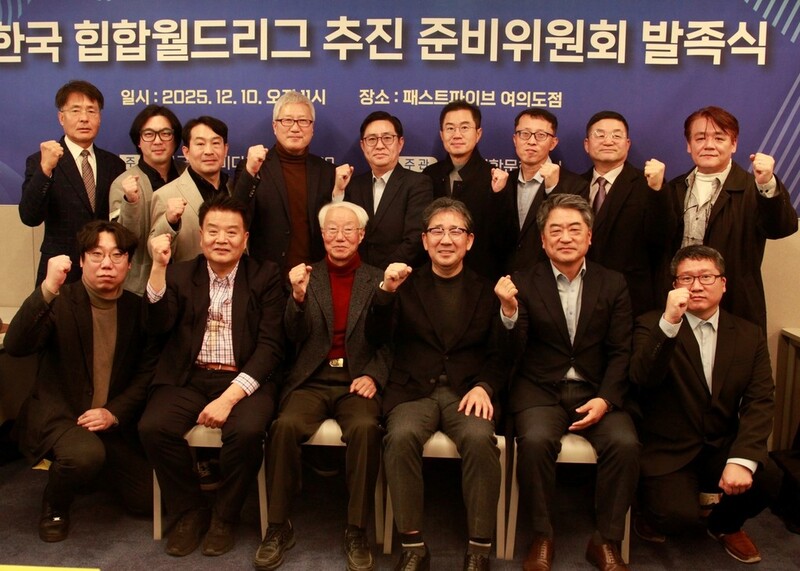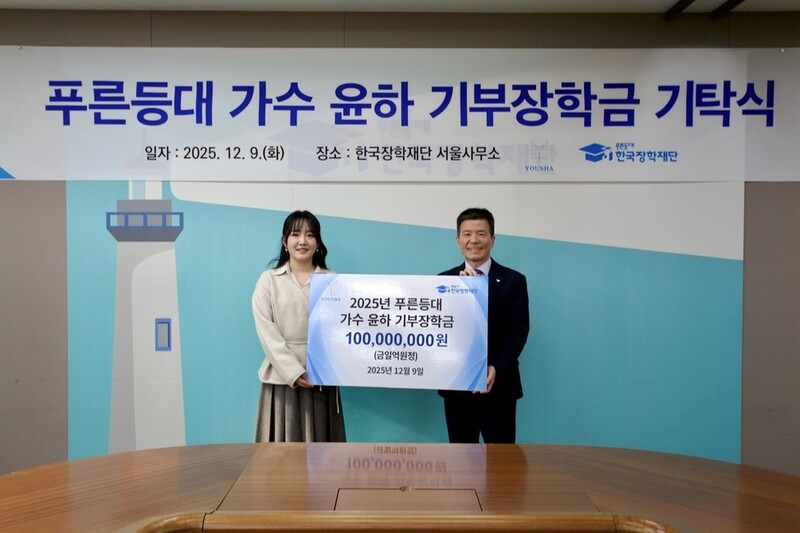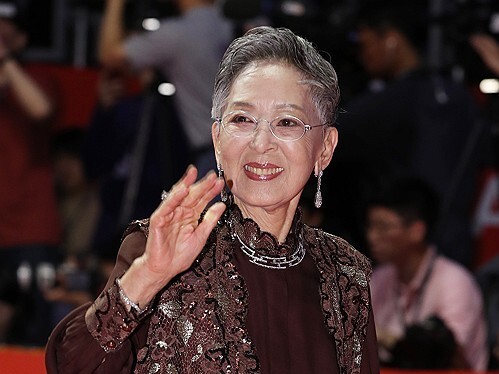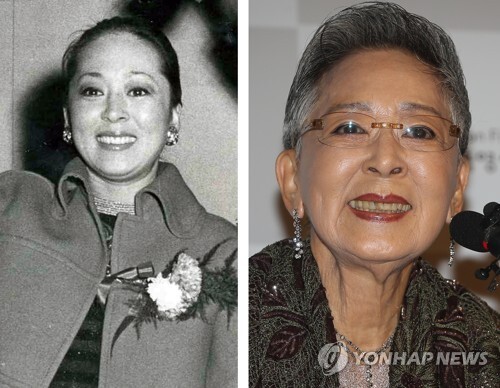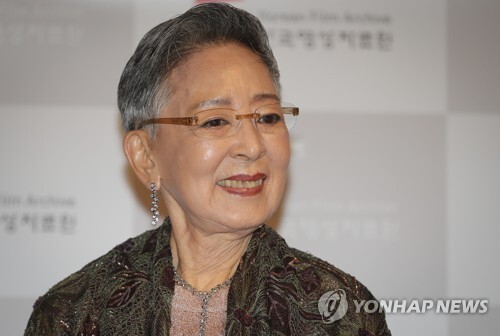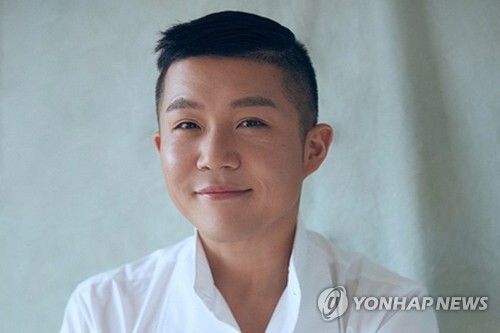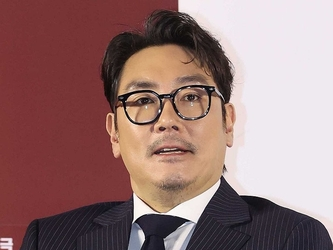dailies-editorials (2)
(EDITORIAL from Korea Times on July 21)
Lee Jae-yong's belated acquittal
Samsung chairman must now lead Korea's economic revival
The Supreme Court's final acquittal of Samsung Electronics Chairman Lee Jae-yong in the long-running case concerning alleged unfair merger practices and accounting fraud brings to an end nearly a decade of legal entanglement. With this verdict, it is now evident that the prosecution's actions not only lacked sufficient legal merit but also raised troubling questions about the abuse of prosecutorial discretion. The case, which began with dubious grounds and persisted despite multiple judicial setbacks, should be remembered as a cautionary tale of overreach.
From the outset, concerns were raised over the prosecution's aggressive handling. In June 2020, an internal advisory panel of legal and civic experts within the prosecution recommended against indicting Lee, citing insufficient grounds. Nevertheless, prosecutors disregarded the panel's advice and pressed forward. They summoned more than 110 executives and employees over 430 times and conducted more than 50 searches. The indictment that followed charged Lee with 19 criminal counts tied to the 2015 merger of Samsung C&T and Cheil Industries — a transaction the prosecution argued was designed to secure his control over the conglomerate.
The lower courts, however, found no substance to these claims. Both the district and appellate courts rejected all charges, citing lack of evidence. Notably, the appellate court criticized the prosecution for relying on "conjecture, scenarios and assumptions," rather than objective proof. Despite these rebukes, prosecutors pushed ahead with a final appeal to the Supreme Court, only to face a decisive and unanimous defeat. Such persistence in the face of mounting judicial repudiation reveals a deeply flawed institutional mindset — one that prioritizes pursuing high-profile targets over upholding due process.
If the goal was to make an example out of a corporate leader, it came at a high cost to the nation's economy. Samsung, Korea's largest and most influential enterprise, spent much of the past decade constrained by leadership uncertainty and legal distractions. During this period, the global tech landscape evolved rapidly — and not in Samsung's favor.
Once dominant in memory chips, Samsung has now lost its long-held lead in the dynamic random access memory market. In emerging segments like artificial intelligence accelerators and high-bandwidth memory, the company has fallen behind key competitors. Lee himself recently warned that Samsung faces an existential crisis, admitting that its competitiveness has been "seriously compromised across all areas." The numbers support this claim: While U.S. chipmaker Nvidia and Taiwan's TSMC have seen their market capitalizations rise more than 7,000 percent and 700 percent respectively over the past nine years, Samsung's has increased just 49 percent.
Now, with the legal burden lifted, Samsung must focus entirely on recovery and innovation. The company plays a pivotal role in Korea's economy, accounting for nearly 30 percent of gross domestic product and roughly 20 percent of total exports. Samsung's resurgence is vital not only for its shareholders but for the broader health of the Korean economy. Reclaiming its competitive edge in semiconductors, fast-tracking strategic investments and reviving stalled mergers and acquisitions must now be top priorities.
Just as urgent is a renewed commitment to ethical management. Compliance, transparency and adherence to global standards must be embedded into Samsung's leadership culture. The company must show that it can thrive not just through technological excellence but through corporate integrity and good governance.
Meanwhile, the prosecution must reflect on how this case unfolded. The use of prosecutorial power must never be guided by ambition, public opinion or political calculation. Accountability, fairness and restraint are the foundations of a just legal system. A formal apology and institutional introspection are necessary — not merely to restore public trust, but to ensure that such a costly misstep is never repeated.
(END)
(C) Yonhap News Agency. All Rights Reserved









